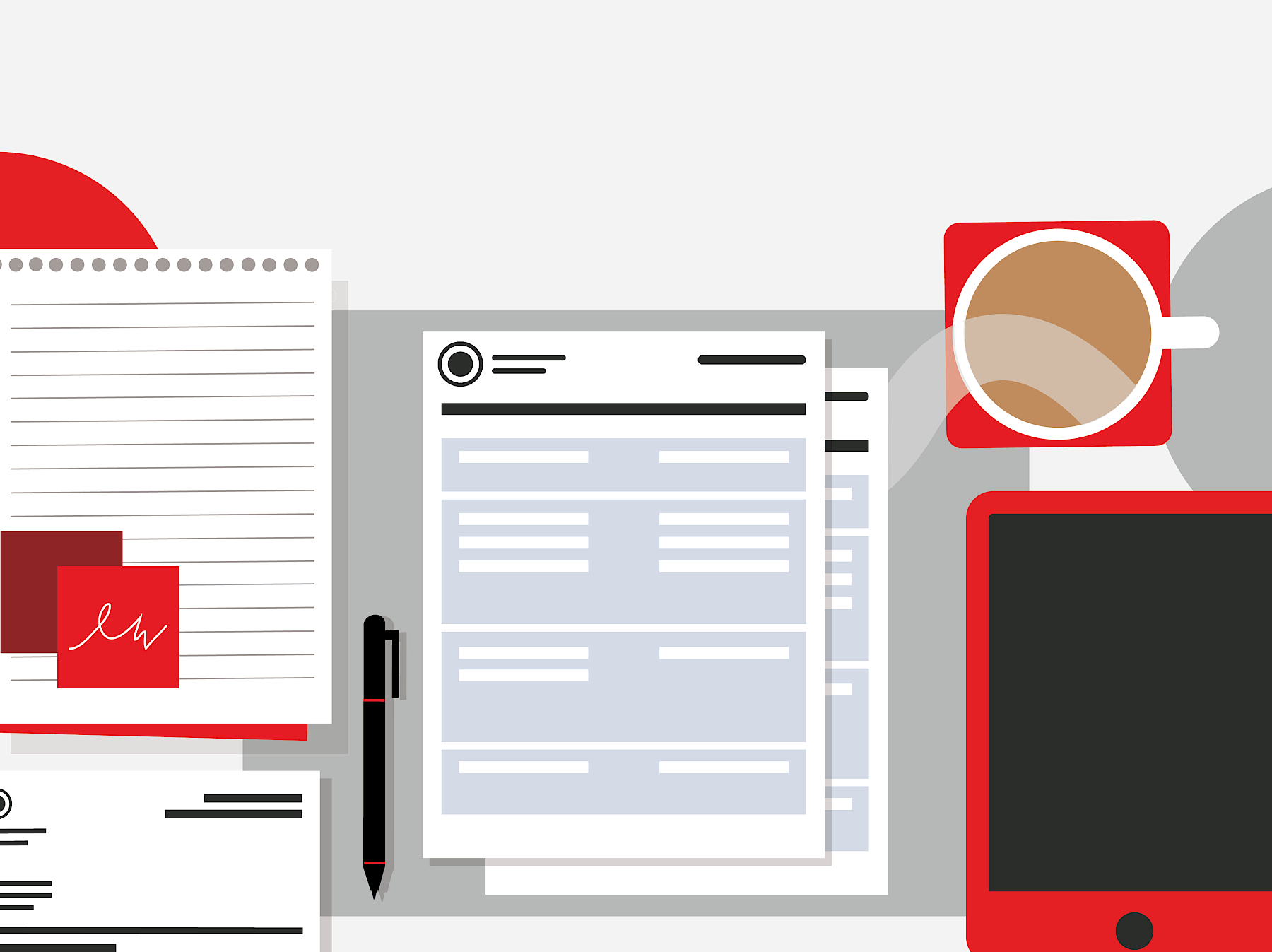How To File A Self Assessment
25 February 2025 Reading time: 4 minutes

So, you've found yourself tangled in the web of self-assessment. Let's break down this beast into bite-sized chunks.
A self-assessment is a yearly tax return where you declare all your taxable income and capital gains to HMRC. Think of it as a financial confession, but with less guilt and more paperwork. It's a way for HMRC to ensure that everyone pays their fair share of taxes.
If you've earned money that hasn't been taxed at source, you're in the self-assessment club. This includes things like:
- Rental income: Owning a property and renting it out, renting out your spare room
- Self-employment: Freelancing, consulting, or running your own business
- Capital gains: Sold a house or am item such as a valuable painting and made a profit
- Have investment income: Stock market gains, dividends, and interest can all be taxable.
It could even include selling a few too many Beanie Babies on eBay if you earnt more than £1,000 selling these.
If you have income that hasn’t already been taxed you must report it to HMRC by filing a tax return. Remember, the taxman wants all your income, even if you’ve already paid some tax on it.
It is important you keep all your documents relating to your tax return, in case HMRC asks to see it. They’re like a nosy neighbour, always poking their head over the fence to see what you're up to. Keep all your financial documents safe, because they might come knocking. Receipts, invoices, P45s, P60s – the whole lot. It's like a tax-themed treasure hunt, but without the fun.
But don't worry, not every penny you earn is fair game. There are some allowances and thresholds. For example, you can earn a certain amount of interest on your savings before you have to pay tax on it. It's like a little get-out-of-jail-free card from the taxman.
When is the tax year?
The tax year runs from the 6th April to the 5th April in the following year. Any taxable income received during that period will need to be input on the tax return for the corresponding year.
Filing Your Tax Return
- Register: If you're a tax return newbie, you'll need to register with HMRC before October 5th.
- Gather Your Documents: Dig out your P60, P45, bank statements, and any receipts for business expenses.
- Choose Your Weapon: You can either brave the paper trail and post your return by October 31st, or embrace technology and file online by January 31st.
You can choose to DIY this process, braving the HMRC website and filling out the form yourself. We don't recommend this unless you enjoy a good headache. Or you can hire a pro and let a tax expert handle the mess. They'll know the ins and outs of tax law and can save you time and stress.
Payments on Account: A Taxing Term
If you owe more than £1,000 in tax, HMRC will make you pay it in instalments. These are called "payments on account," and they're basically a forced savings plan for your tax bill. You'll have to pay half of last year's tax bill by January 31st and the other half by July 31st. The intention is to help spread the cost.
Any additional tax you owe that hasn’t been covered by the 2 payments on account is due by the 31st January. This is known as a ‘balancing payment’.
On the other hand, if you have overpaid your tax bill through these payments on account bill you will receive a tax refund.
For example:
- Your tax bill was £3,000 for the 2023-24 tax year and you have not completed a tax return before.
- You will be required to pay your complete tax bill (£3,000) by 31st January 2025 as well as £1,500. This is a payment on account towards your 2024-25 tax bill (half of the 2023-24 tax payment). Total paid by 31st January 2025, £4,500.
- On 31st July 2025 you will make another £1,500 payment on account. Total paid towards your 2024-25 tax bill is £3,000.
- The tax you actually owed for the 2024-25 tax year was £4,000, this means you are required to make a ‘balancing payment’ of £1,000 by 31st January 2026 to pay off your tax bill. You will also make a payment of £2,000 by this deadline as a payment on account towards your 2025-26 return.
What Are The Deadlines?
The big day is January 31st. That's when you need to have your tax return sorted and sent off to HMRC. Miss the deadline? Well, you might find yourself in a bit of hot water, or at least a hefty fine. So, don't be a tax procrastinator!
Need Help? Let Us Do The Heavy Lifting
At Quove, we're here to save you from the tax abyss. We'll handle your self-assessment, so you can focus on more important things, like binge-watching your favourite show.
Remember, self-assessment is a necessary evil, but it doesn't have to be a painful one.
Key Takeaways
- Keep accurate records: This includes invoices, receipts, and bank statements.
- File your return on time: Late filing can result in penalties.
- Pay your tax bill in full: Avoid unnecessary interest and penalties.




